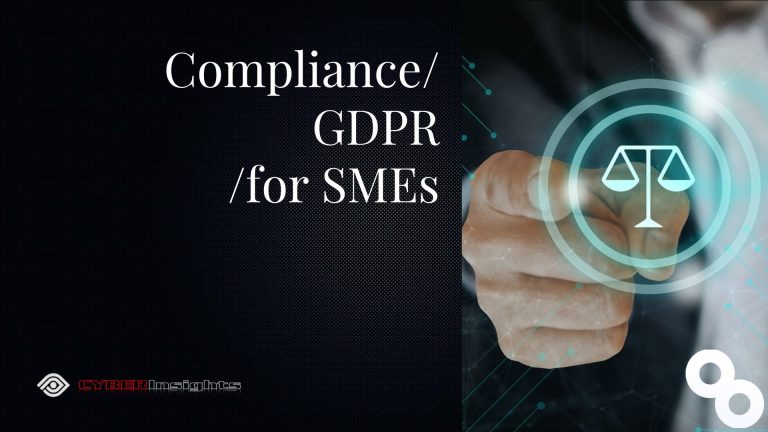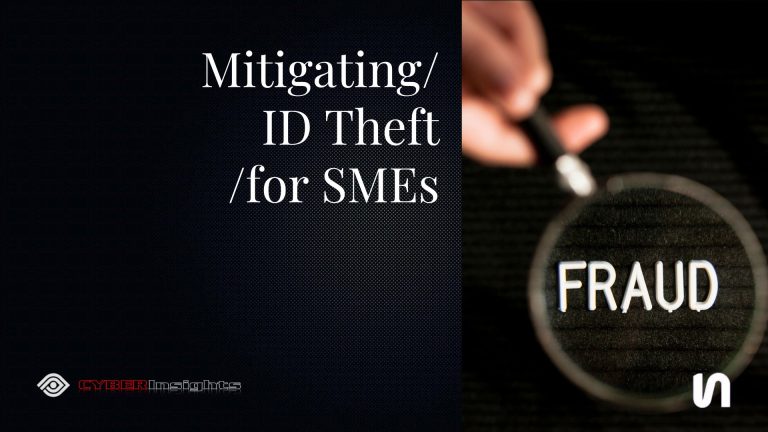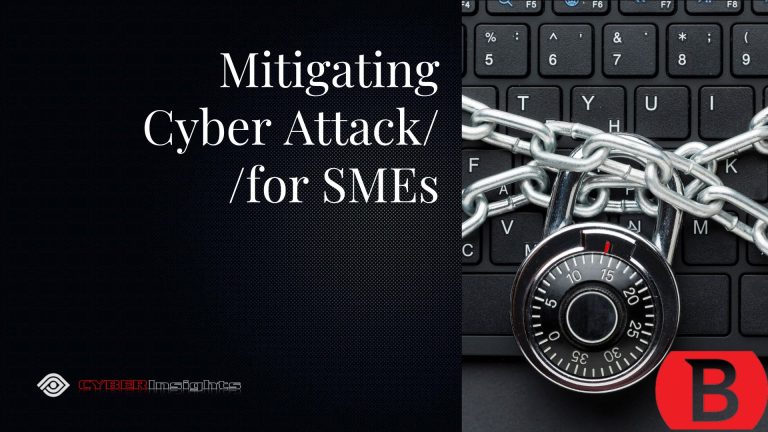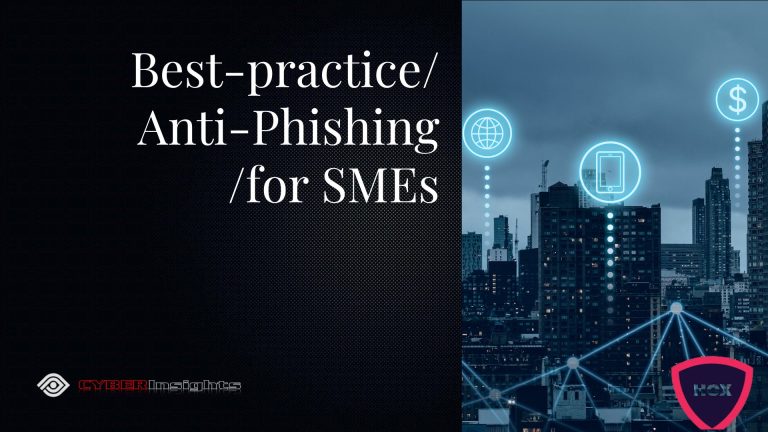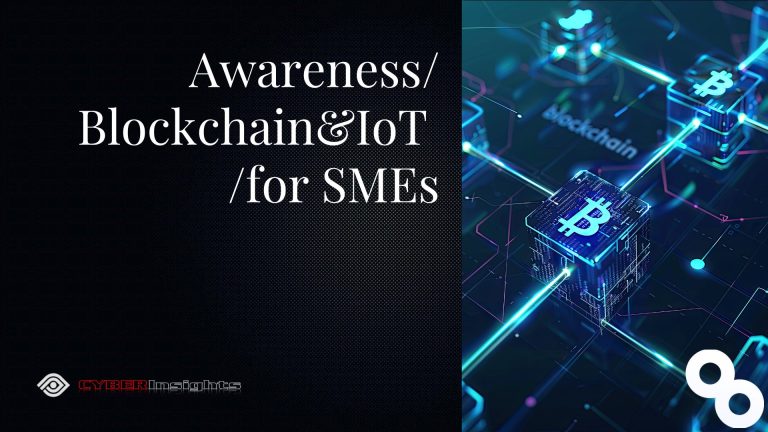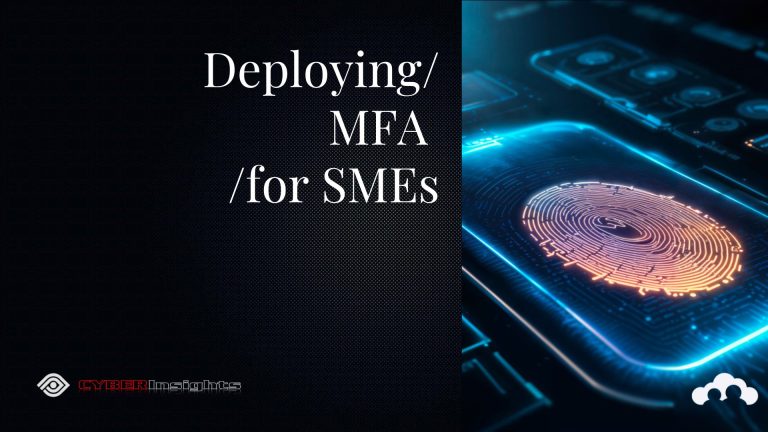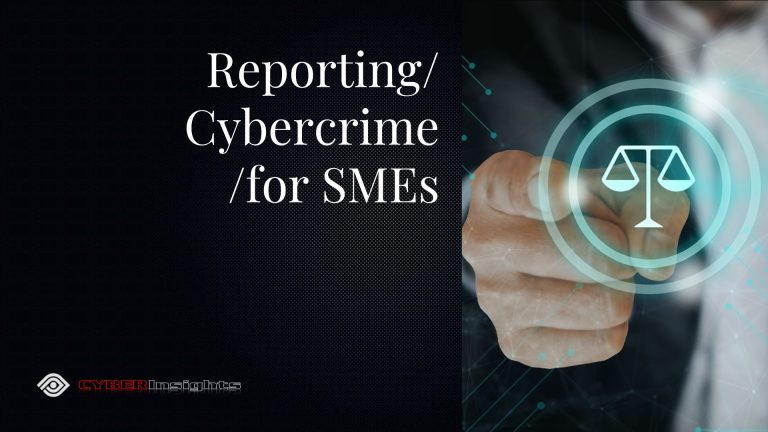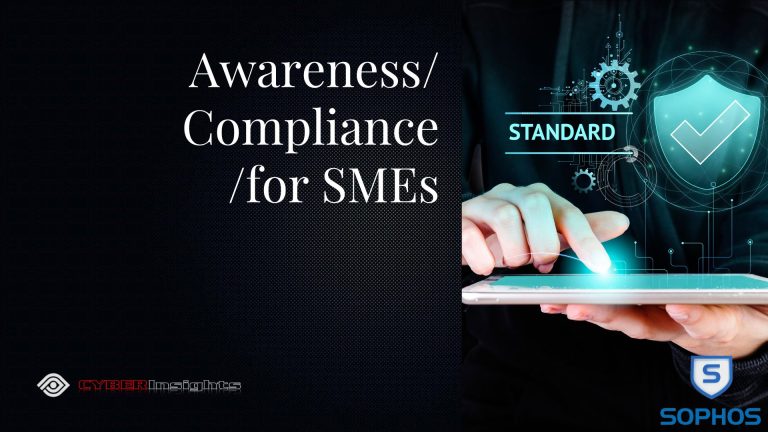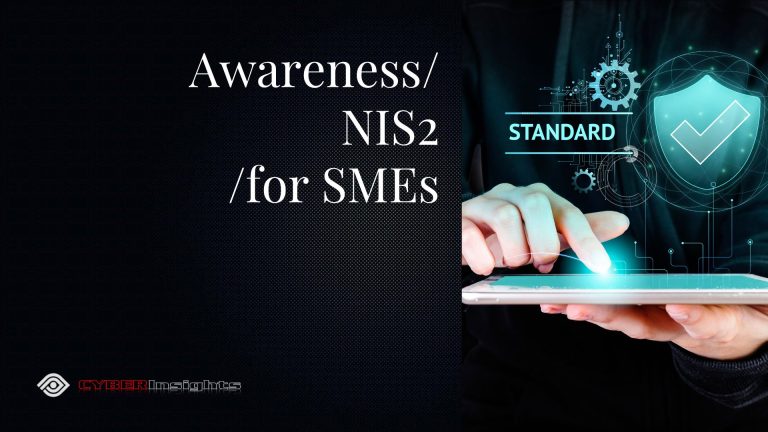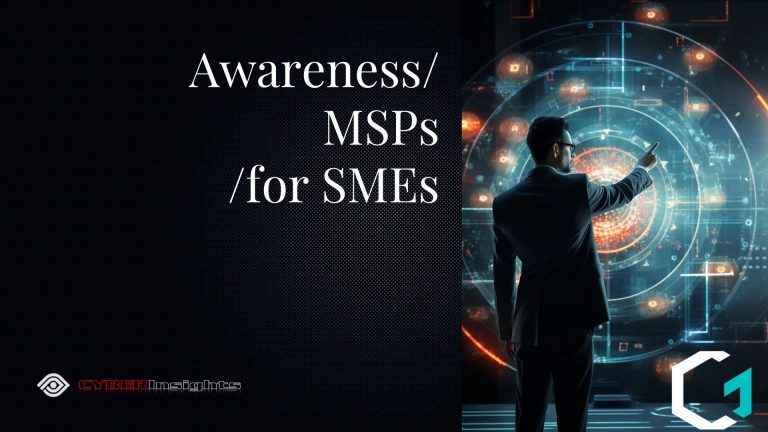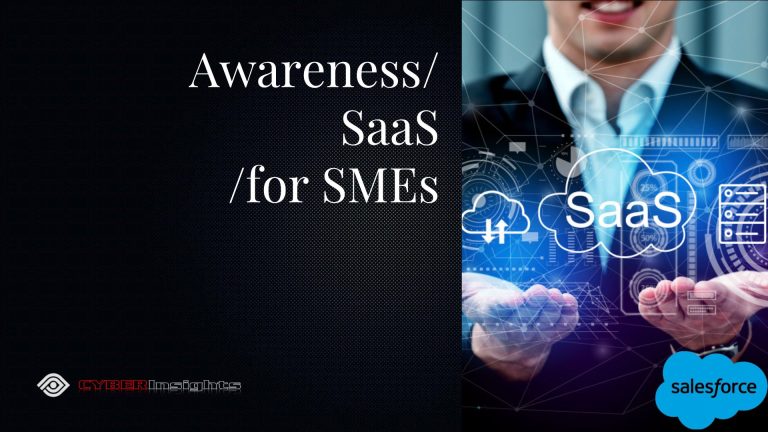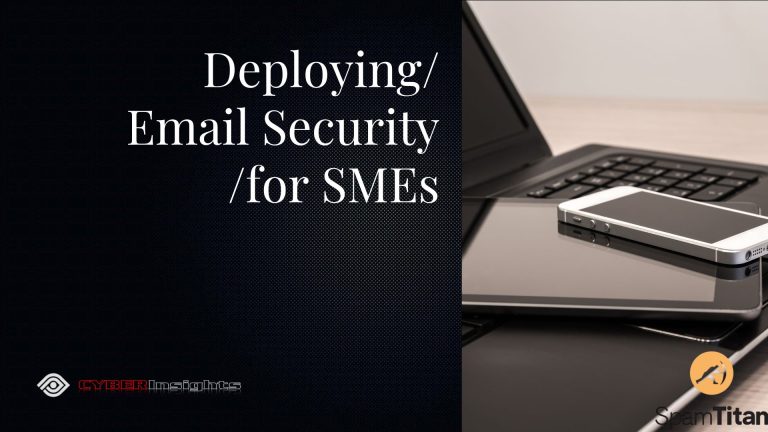BLACK FRIDAY SAFETY ALERT: Expert Advice Warn Shoppers to Stay Vigilant Against Scammers
November 15, 2024Helping Keep Small Business CYBERSafe!
Gibraltar: Friday 8th November 2024 at 11:04 CET
BLACK FRIDAY SAFETY ALERT: Expert Advice Warn Shoppers to Stay Vigilant Against Scammers
By: Iain Fraser – Cybersecurity Journalist
CYBERInsights – First for SME Cybersecurity News
Google Indexed on 151124 at 11:30 CET
#CyberInsights #CyberSecurity #CyberMedia #CyberAwareness #SME #SmallBusiness #smallbusinessowner
As millions of shoppers prepare to hit their favourite retailers and hunt for the best Black Friday deals at the end of November, experts are urging caution. Cybercriminals and scammers are poised to take advantage of the rush, making it vital for consumers to protect themselves against online fraud.
Stay Alert for Fake Offers and Phishing Attempts
Shopping safely means sticking to reputable websites and avoiding suspicious deals that seem “too good to be true.” Experts advise consumers to be wary of offers received through phishing emails and texts that mimic major brands in an effort to steal personal and financial information.
Social media platforms can also be hotspots for scams. Users should verify the authenticity of accounts posting deals and only shop on websites they know and trust.
High Stakes for Bargain Hunters and Cybercriminals
With Black Friday set for November 29, an array of deals and discounts will lure shoppers hoping to make big savings or kickstart their holiday gift-buying. However, online scammers are also gearing up to exploit the shopping frenzy, making security a top priority for savvy consumers.
Expert Advice
Marco Farnararo, CEO and Co-Founder of BravoVoucher.co.uk emphasizes the importance of staying vigilant during the Black Friday shopping season. “Understanding how to recognize and avoid scams is essential,” Farnararo said, offering practical advice for identifying and avoiding potential threats.
Fake Websites
Popular retailers are often prime targets for scammers during major discount events. Fraudsters set up convincing websites that closely resemble legitimate ones, luring customers with unrealistic discounts. Once shoppers make a purchase, they may receive counterfeit or incorrect items—or worse, the scammers take the money and vanish without delivering anything at all.
Always exercise caution by checking that the site you’re using has “https” in the URL before entering any payment information. This helps ensure that your money and personal data remain secure.
To be extra cautious, if you have an account with the retailer, ensure that you are logged in. If you don’t have an account, consider signing up directly on the retailer’s official website to confirm its legitimacy.
Phishing Emails and Text Messages
Phishing is a type of Cybercrime that targets consumers through fake emails and text messages that impersonate legitimate retailers, claiming to offer amazing discounts and deals. These messages often include links directing you to fraudulent websites designed to capture your financial information. Always verify the security of a site before making a purchase or entering any personal information.
In some instances, the fake website addresses linked in the message contain clear grammatical errors, such as replacing characters (e.g., substituting an “o” with a zero, as in g00gle.com). This can easily mislead customers, particularly when the advertised ‘deal’ is presented as time-sensitive, causing shoppers to rush through the checkout process.
Social Media Scams
Social media has emerged as a prominent platform for scamming shoppers in recent years. Fraudulent giveaways, competitions, and enticing offers can be widely advertised across platforms like Instagram, X (formerly Twitter), and Facebook.
These often include links to claim your prize or access a discount code, which can lead to fraudulent websites demanding personal details to receive what you have supposedly ‘won.’ Fraudulent coupons and discount codes are often received through emails or posted online, which can also direct you to insecure websites and require details to ‘redeem’ the voucher or offer.
Fake Order Confirmations
Cybercriminals frequently send fraudulent order confirmations via email for products that customers have not actually purchased. These emails may come from addresses like legitimate retailers but contain grammatical errors and noticeable mistakes.
They often include generic salutations such as “Dear Customer” instead of addressing you by your name. Additionally, they may contain unusual details, such as unfamiliar products and prices, along with urgent language suggesting that you need to act quickly to resolve an issue with your order.
To protect yourself from these scams, it’s advisable to consider installing an antivirus program and reporting any spam or fraudulent messages.
Avoid Shopping on Public Networks
Black Friday promotions, both legitimate and fraudulent, will be constantly appearing, making it tempting to act quickly while you’re out and about. Public Wi-Fi networks often lack proper safety protocols, such as passwords, allowing cybercriminals to exploit these connections and steal your banking details or personal information without your knowledge. With the abundance of offers and discounts available, this period presents an ideal opportunity for Cybercriminals to target enthusiastic shoppers.
A simple way to avoid this is to avoid shopping until you are on a secure network, or to use your mobile data or a VPN for transactions.
Marco Farnararo, CEO and Co-Founder of BravoVoucher.co.uk commented: “While Black Friday is an exciting opportunity to score some great deals, it’s crucial for shoppers to remain vigilant against potential scams. Always trust your instincts and the tips provided earlier. Some scams may appear obvious, but if an offer seems too good to be true, even from a source you consider reliable, there’s a good chance it is.”
Make sure to double-check everything before entering any personal or financial information. If you have any doubts, remember that no deal is worth the risk of falling victim to a scammer.”
CYBER Insights – Helping Keep Small Business CYBERSafe!
Launched in 2020 by Cybersecurity Journalist Iain Fraser and his team at IfOnly… CYBERInsights was developed to be the go-to platform providing definitive, reliable & actionable Cybersecurity News, Intel, Awareness & Training specifically written and curated for Small Business & Enterprise Owners, Partners and Directors throughout the UK. #CyberInsights #CyberSecurity #CyberMedia #CyberAwareness #SME #SmallBusiness #smallbusinessowner
What is a VPN & Does my SME Need one? A VPN is a Virtual Private Network a method of securing your communications credentials. When it comes to Small and Medium-sized enterprises (SMEs), the choice of VPNs can significantly impact the security and efficiency of their operations.
The NordVPN service allows you to connect to 5600+ servers in 60+ countries. It secures your Internet data with military-grade encryption, ensures your web activity remains private and helps bypass geographic content restrictions online. Join NordVPN Today and Save up to 73% and Get 3 months Extra Free Rude Not to …!


